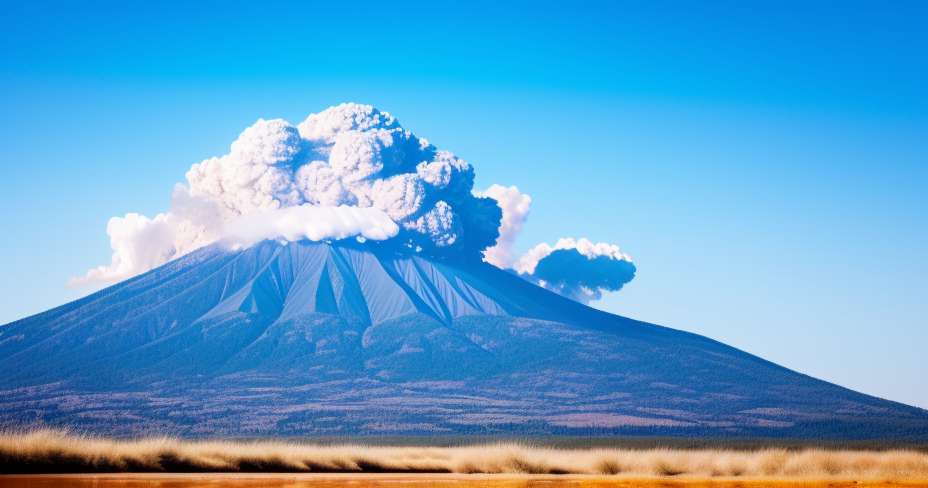Effective relaxation techniques
May 2024

This morning, the Popocatépetl volcano recorded light explosions with emission of incandescent material, and the volcanic warning light continues in yellow phase 3, but what are the reactions of people to a possible eruption of the volcano?
Living near an active volcano generates a psychological impact among the inhabitants of the area, because they must live with the expectation, the fear and the nervousness that at any moment can erupt, especially when there are explosions like those of Popocatépetl.
According to the Didactic Guide of the General Directorate of Civil Protection and Emergencies of Spain The psychological impact is presented as fatigue, nausea, headaches, gastrointestinal disorders, anxiety, depression and stress.
The specialists assure that these psychological damages are generated as the volcanic crisis develops, that is to say, with preventive evacuations, zones of exclusion, noises, smells, tremors, among others; situation that can last for years.
Each person can act differently before an event of this nature, however, most show similar signs, which can be divided into two stages:
Shock phase: Emotional reactions are crying, disbelief, hatred and denial; they are characterized by a limited capacity for thought and action.
In addition, there are high levels of anxiety, tachycardia, dizziness, sweating, muscle tension, hyperactivity or hypoactivity
Reaction phase: It generates emotions of hatred, anger and guilt, loss of self-confidence. The most common reactions are to avoid places or events related to catastrophe, sleep disturbances and feeding.
However, these psychological impacts can be overcome gradually with strategies that help them to restore balance and deal with the situation.
In order to reduce the hazards, the society must follow the recommendations of the authorities, which must protect the welfare of the residents with the supply of drinking water, basic sanitation services, an adequate shelter.
As well as providing protection measures, food handling and the final disposal of waste, control some communicable diseases, as well as psychological help to reduce crisis situations among the population.